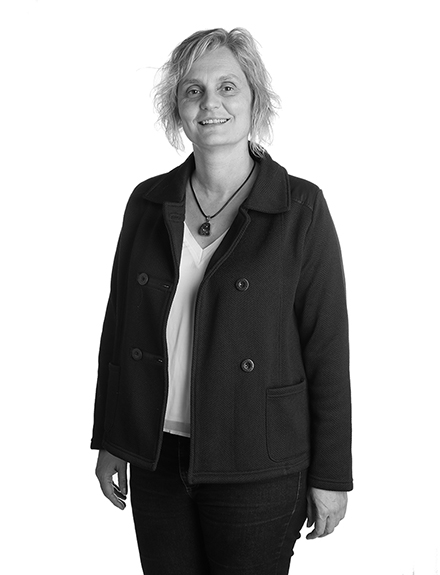| marie-hélène le ny |
|
photographiste |
|
"I
worked on step families during my thesis in family law, an issue
that was emerging at the time. Recruited as a senior lecturer
in Brest, I helped set up a research laboratory in private law.
Interested in the theme of vulnerability, which is difficult
to define in law, in 2004 we create a two-year master's degree
in Vulnerable Persons Law. I also learned a lot about this notion
while conducting research with fellow sociologists on the trajectories
of vulnerability in old age. Ever since, I have been working
on this theme and, more specifically, on the consent of the elderly
when they are admitted to a care home. An international convention
on the rights of people with disabilities has recently raised
the question about the relationship between protection and autonomy,
in particular with regard to respect for the wishes and preferences
of individuals under legal protaction, which has led to change
in French law. Law, which is cultural, is based on political choices ! In the face of major societal challenges, it is sometimes difficult to separate one's personal opinion from one's legal opinion. This is important, however, for questions such as marriage and reproductive equality. The challenge step families face is to reconcile kinship and parenthood rights in law, to allow the granting of rights to the child of a new spouse or partner while preserving those of the parent, which can be achieved through the delegation of parental authority. The situation is different for same-sex couples who wish to have children and access legal kinship. Opening up assisted reproduction to women is a crucial societal choice that will radically transform the law of affiliation and its traditional conception. Family law regulates relationships within the family and, alongside other human an social sciences, helps forge a vision of the family." |
|
||
|
Muriel
Rebourg, |
|||
|
|
|
|
